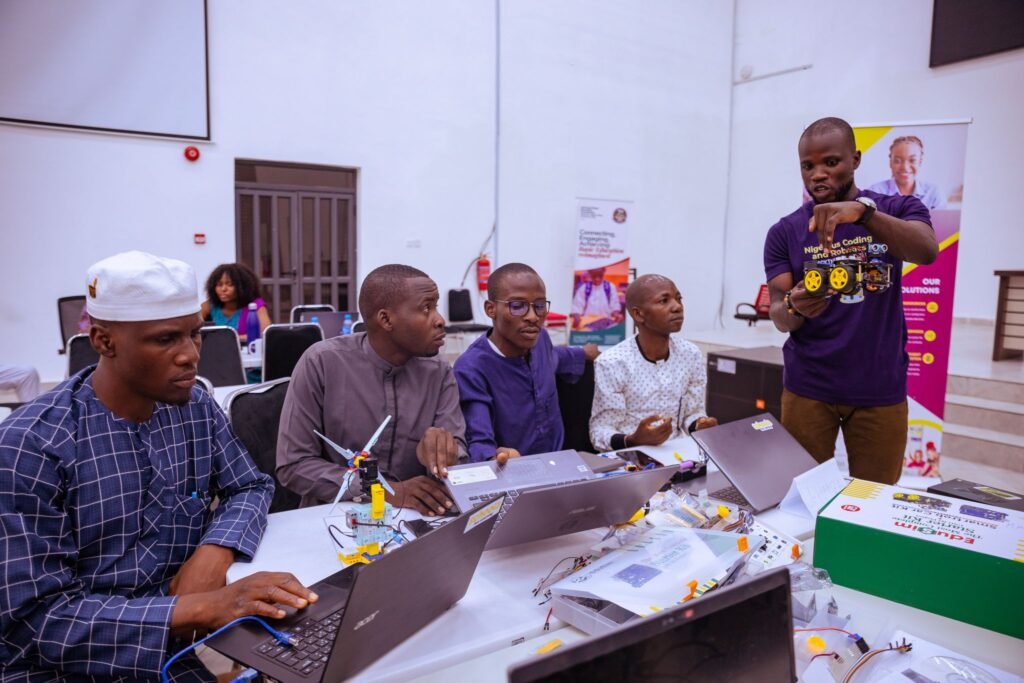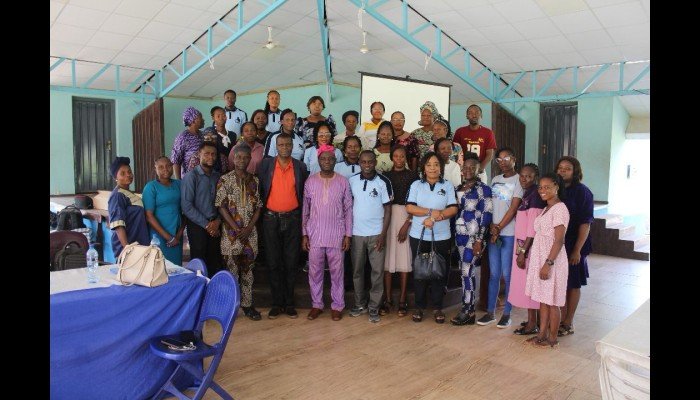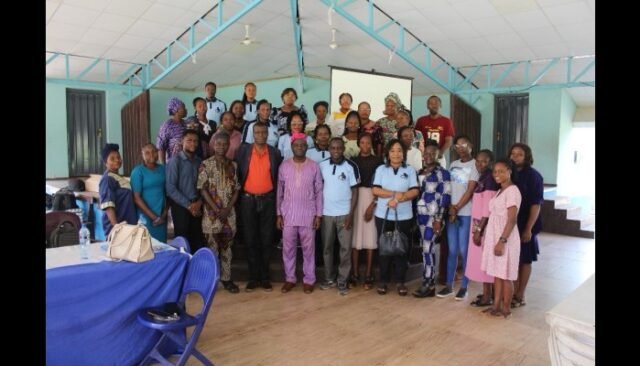A research team from the University of Ibadan (UI) has unveiled a novel instructional method aimed at reshaping the way primary school children learn: the Fun-Rigour Multimodal Instructional Method (F-RMIM). This initiative promises to balance joy with academic discipline, helping to raise the bar for learning outcomes in early childhood education across Nigeria.

Table of Contents
Blending Play and Structure: A New Pedagogical Theory
At the heart of the innovation is the Fun-Rigour Theory of Child Development, a Nigerian-developed educational approach that argues children learn best when play and academic structure go hand in hand. Under the leadership of Dr. Ishola Akindele Salami, the UI team has translated this theory into a practical classroom model through their F-RMEP (Fun-Rigor Multimodal Early-Primary) project.
Thanks to funding from the Tertiary Education Trust Fund (TETFund) — Nigeria’s main government agency for institutional capacity building — the team moved from theory to practice. The funding, secured via TETFund’s National Research Fund in 2021, provided the resources to design and pilot F-RMIM in real classrooms.

How F-RMIM Works: Inside the Classroom
Formally launched in November 2025, the F-RMIM programme initially targets lower primary school teachers in Ibadan. Rather than relying solely on rote memorisation or one-size-fits-all lessons, it invites teachers to orchestrate learning sessions that blend playful activities with developmentally rigorous pedagogical tasks.
According to Salami, the approach gives educators concrete lesson plans that emphasise individual attention and sustained engagement. In practice, children might move between free play, structured group tasks, and one-on-one guided exercises — all within a single lesson framework.
Real-World Impact: Evidence from the Field
The UI research team reports early success. F-RMIM has already been rolled out among orphaned and vulnerable children in the South West of Nigeria, and anecdotal feedback suggests strong improvements in pupil participation, interest, and comprehension. Teachers engaged with F-RMIM say they are witnessing more confident learners, better class participation, and deeper understanding of lessons.
Importantly, the model doesn’t only target academic skills: it also nurtures “life-manipulative” competences — economic awareness, soft skills, and critical thinking — equipping pupils for real-world challenges.

Looking Ahead: Scaling and Sustainability
While still in its early stages, F-RMIM holds considerable promise for transforming primary education in Nigeria. The UI team believes that with further support and scaling, the instructional model could influence teacher training programmes, government education policy, and even national curricula in the coming years.
Dr. Salami has expressed gratitude to his research colleagues — IyanuOluwa Olalowo, Shade Owolabi, Temitope Egbedeyi, Babalola Emmanuel, and Sulaimon Kafayat — whose dedication and intellectual leadership made the project possible.
Join Our Social Media Channels:
WhatsApp: NaijaEyes
Facebook: NaijaEyes
Twitter: NaijaEyes
Instagram: NaijaEyes
TikTok: NaijaEyes
READ THE LATEST EDUCATION NEWS





